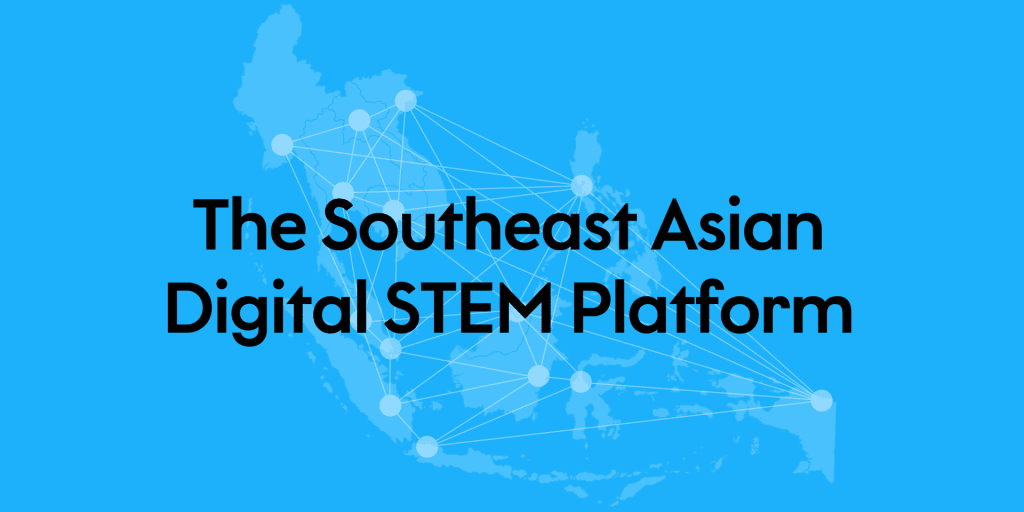About


The interconnection of STEM with the Sustainable Development Goals is a powerful formula for developing the 21st-century skills that are critical in today's global landscape
By integrating STEM (Science, Technology, Engineering, and Mathematics) education with the Sustainable Development Goals (SDGs), learners are not only introduced to the complexities of global challenges, but also equipped with the tools and methodologies to think critically, solve complex problems, and innovate for sustainable solutions.
SEADSTEM - The Southeast Asian Digital STEM Platform, a project by the Goethe-Institut in Southeast Asia, provides open educational resources in English, Burmese, Indonesian, Thai, and Vietnamese to support science teachers in the region in implementing project-based STEM activities. This method encourages active learning and engagement, where students apply theoretical knowledge to real-world scenarios, fostering a deeper understanding of the subjects and their relevance to the SDGs.
STEM is given high priority in the national education policies and strategies in all ASEAN (Association of Southeast Asian Nations) countries. By making these materials freely accessible online in five languages of Southeast Asia, SEADSTEM aims to remove language barriers and ensure that any and all interested educators are well-equipped to inspire and prepare the next generation of changemakers and to support teachers in meeting the STEM strategies of their respective Ministries of Education.
This approach prepares young individuals to become proactive contributors to society, capable of making informed decisions and driving positive change
21st-century skills
The integration of STEM education and the development of 21st-century skills are pivotal in the education policies and strategies of ASEAN countries. Teachers play a crucial role in this paradigm, acting as facilitators who guide students through project-based learning and real-world applications of STEM. Their ability to adapt and embrace new teaching methodologies is essential for inspiring and engaging students.

The Goethe-Institut is the cultural institute of the Federal Republic of Germany with 157 institutes in 98 countries worldwide.
www.goethe.deThe Goethe-Institut promotes knowledge of the German language abroad and fosters international cultural cooperation. It conveys a comprehensive image of Germany by providing information about cultural, social and political life in the nation. The cultural and educational programs encourage intercultural dialogue and enable cultural involvement. They strengthen the development of structures in civil society and foster worldwide mobility.
With the network of institutes, Goethe Centers, cultural societies, and language learning centers, the Goethe-Institut has been the first point of contact for many with Germany for over sixty years. The long-lasting partnerships with leading institutions and individuals in over ninety countries create enduring trust in Germany. The Goethe-Institut is a partner for all who actively engage with Germany and its culture, working independently and without political ties.
